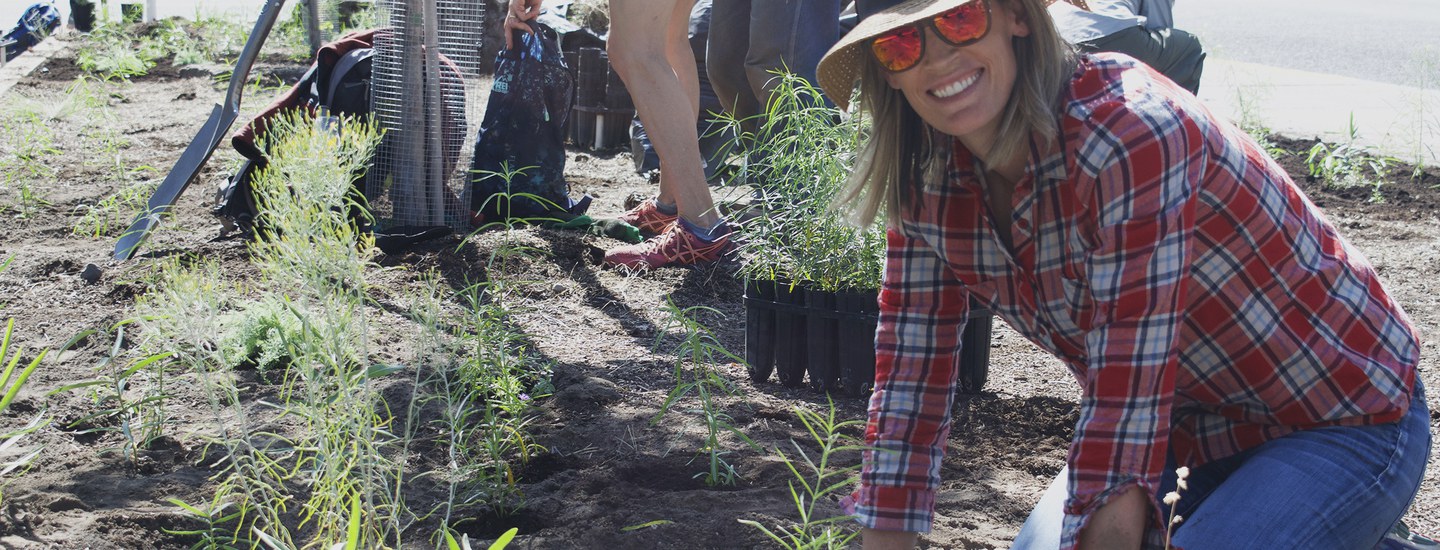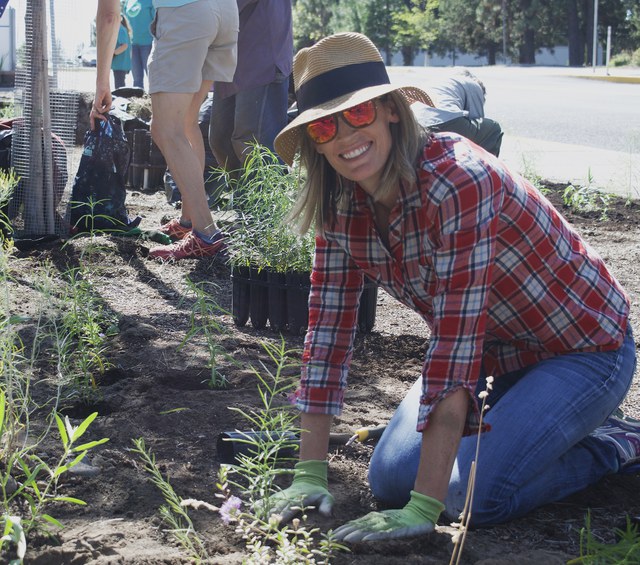Have you made your New Year's resolutions yet? Studies show that on average, it takes 66 days to make a new habit stick. As New Year’s resolutions are made and quickly fade away, I challenge you to create new habits instead. New habits that will make a difference in the face of climate change. You will not be alone, however. I am also challenging myself to make new habits.
Where should you (and I) start? It depends on your current habits, but let’s take a look at five habits that you can start creating today.
- Eat less meat, become vegetarian, or adopt an entirely plant-based diet. Agriculture accounts for roughly 13.5% of greenhouse gas emissions worldwide, and is the single largest producer of methane and nitrous oxide. This is not an all-or-nothing option. Make a commitment to not eating meat (or animal products) one day a week. Personally, I am already vegetarian, so I’m striving to eat vegan at least one day a week and reduce my cheese consumption overall (no easy task in my cheese-centric home!). If you need recipe ideas, let me know—I’m a foodie and could talk recipes all day!
- Support the Deschutes Land Trust through volunteering or making a gift. The Land Trust is committed to natural climate solutions and helping lessen the impacts of climate change in Central Oregon. You can support these actions by supporting us. Volunteering is also a fun way to make a difference! My commitment to this is a little different since I work here. I am focused on helping to educate our community about the effects that climate change will have on Central Oregon and what we can all do to lessen these effects.
- Vote. Nationally and locally, there are candidates who support legislation that works to combat climate change’s effects. Register to vote here. My priority is to learn more about each candidate’s stance on climate change before I vote, as well as sending emails letting my elected representatives know I value climate change legislation.
- Shop locally. By letting go of the convenience of Amazon, online shopping, and out-of-season produce, you can help reduce transportation emissions released during shipping. In the process, you’ll support the local economy and help make Central Oregon a more vibrant place. I plan to join Rainshadow Organics’ CSA (Community-Supported Agriculture) this summer. I also want to reduce my dependence on Amazon. Not every habit has to be 100%—even reducing can make an impact.
- Drive less, switch to an electric vehicle, and reduce airline travel. Transportation—including personal vehicles and aviation—accounts for roughly one-third of all greenhouse gas emissions in Oregon. If your employer offers it, get involved with Commute Options, where you get incentives for driving less by yourself. As a bike commuter, I can attest to the power of creating habits. I often look at my husband, confused, when he grabs the car keys to head to a friend’s house. My habit is biking. I can always do better though. For me, reducing transportation emissions includes carpooling with friends to go cross-country skiing and snowboarding, getting more exercise by walking places (even when it’s rainy!), and combining my errands so that I’m making less driving trips.
I believe that if we focus on our habits, we can make an impact that sticks with us. I’ll check back in with you in 66 days. Because together, we can make a difference.
Learn more:


